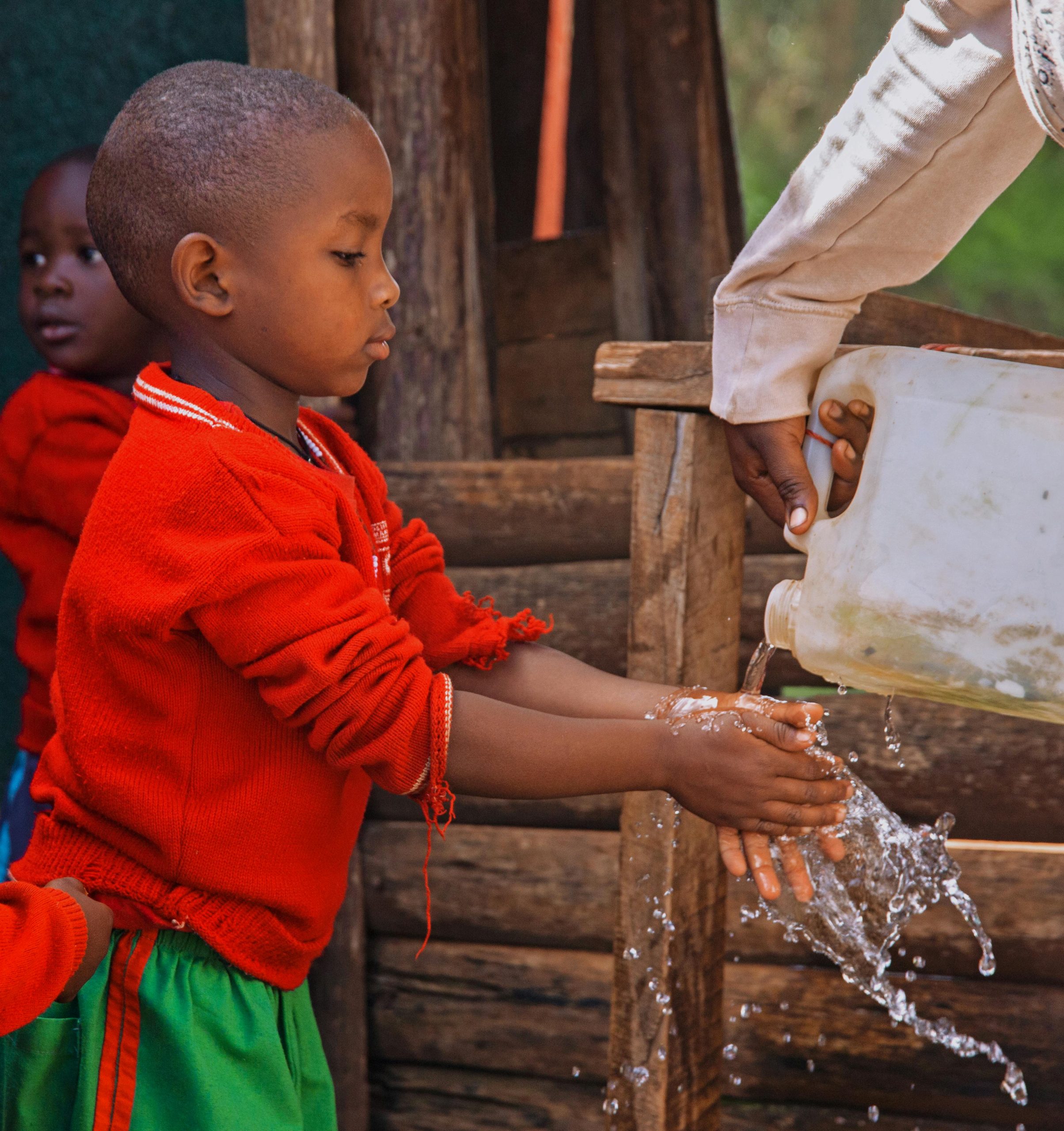Author: Chioma Alaedu | chiomaalaedu4@gmail.com
In recent times, the world has witnessed a growing concern over the rebirth of infectious diseases, one of which is monkeypox. Monkeypox was once considered a rare zoonotic disease primarily found in central and western Africa. This virus was first identified in humans in the Democratic Republic of Congo in the year 1970, the disease is caused by the monkeypox virus, part of the same family as smallpox. However, its spread beyond the African continent has sparked global health concerns. While much attention is given to the health implication, the economic implications particular in Nigeria and Africa is equally important. This article aims to look at how monkeypox affects the economic sector such as agriculture, tourism and the public health system.
Monkeypox was relatively uncertain on the global space until a major outbreak occurred in the United State of America, in 2022. Some cases were reported in countries such as the UK, Singapore and Israel, prompting the World Health Organization (WHO) to declare it a Public Health Emergency of International Concern (PHEIC). This declaration portrayed the urgency that the international community once showed for the COVID-19 pandemic.
Internationally, the reaction to monkeypox outbreaks has varied. Wealthier nations have stationed vaccines, such as the Jynneos vaccine (Imvamune or imvanex), to curtail the monkeypox virus’s spread. Public awareness campaigns have also begun to educate the public on the importance of prevention and early diagnosis. Despite these efforts, monkeypox continues to challenge health systems worldwide, reflecting the importance of international cooperation in addressing zoonotic diseases. However, the global conversation focuses on public health and containment, it is essential to examine how this disease affects economies, particularly in African countries where it is endemic.
Africa bears the most burden of monkeypox, both in terms of public health and economic impact. The virus has been endemic in several African nations, including Nigeria, the Democratic Republic of Congo, and Cameroon, and its outbreaks have had effects on the continent’s economic development.
The agricultural and wildlife sectors, in particular, have been hit hard by the monkeypox disease. The virus which can spread through contact with infected animals, many rural communities that depend on hunting or animal husbandry for their livelihoods are at risk. This has resulted in economic losses, as fear of transmission reduces engagement in these industries. Additionally, quarantine measures and restrictions on the trade of bushmeat, which is an important part of local economies in some regions, have further diminished income for rural families.
Public health systems in Africa, already burdened by other diseases such as malaria, Hiv/Aids and other diseases, struggle to allocate sufficient resources for controlling monkeypox. The cost of healthcare, vaccination campaigns, and public awareness programs have drained national budgets, forcing governments to divert funds from other critical areas like education and infrastructure.
Bringing it home, Nigeria has been dealing with a series of outbreaks of monkeypox since 2017 in Bayelsa state. The rebirth of the monkeypox virus has raised public health concerns, but its economic implications are equally alarming. As a key player in Africa’s economy, any health crisis in Nigeria resounds throughout the Africa continent.
Monkeypox outbreaks in Nigeria slightly agitate the country’s economy by affecting mostly the rural areas. In rural areas, agriculture/farming suffers as fear of animal transmission discourages farming and hunting practices. Tourism also takes a hit. The fear of disease outbreaks reduces international travel to Nigeria and neighbouring African countries, particularly when these regions are said to be unsafe. This will limit revenue generation in a sector that could otherwise support job creation and infrastructure development.
The economic toll of monkeypox on Africa and Nigeria cannot be understated, it is indeed a major aspect that needs attention. In my opinion, one of the most important challenges is the lack of international help and support for African nations contending with the disease. While global resources have been rapidly mobilised to combat monkeypox in wealthier nations, African countries remain underserved in terms of vaccines, medical supplies, and public health support.
To relieve the economic impact of monkeypox in Africa, more investments are needed in public health infrastructure. This includes ensuring tangible access to vaccines, and supporting rural economies affected by such diseases. Moreover, governments must actively be involved and engaged in educating the public to eliminate every form of misinformation and reduce the stigma associated with the disease.
While the major concern with monkeypox is its health impact on individuals, the economic consequences must not be overlooked especially in Africa. Nigeria, in particular, should above all, strengthen its healthcare system and develop back up plans for handling future outbreaks. The government must also partner with international health organisations like World Health Organisations (WHO) to secure vaccine supplies, in doing that, all African countries can manage the disease and reduce its long term economic cost.



